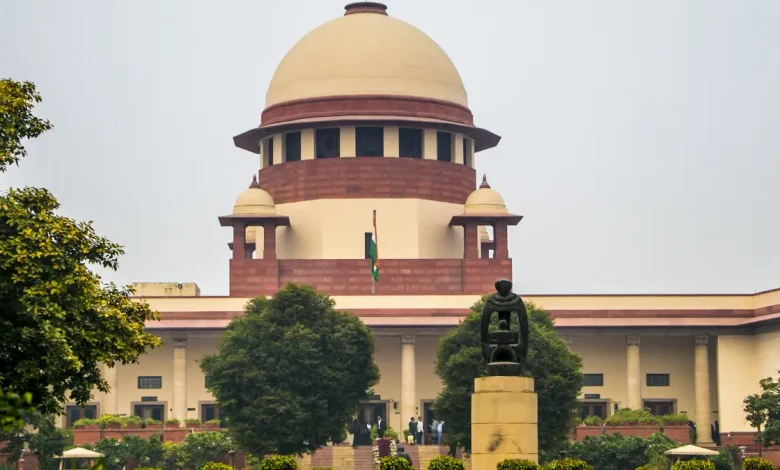
New Delhi : The Supreme Court on Tuesday upheld the dismissal of a Christian Army officer who refused to enter the sanctum sanctorum of a temple, while observing that the Army as an institution is secular and its discipline cannot be compromised. The officer challenged the disciplinary action, arguing that being compelled to enter the temple violated his religious freedom.
A bench comprising Chief Justice of India (CJI) Surya Kant and Justice Joymalya Bagchi upheld the Delhi High Court order upholding officer Samuel Kamalesan’s termination from service. What kind of message he has been sending…he should have been thrown out for this only…grossest kind of indiscipline by an army official.
The Delhi High Court had earlier upheld his termination, stating unequivocally that “keeping one’s religion above a lawful command from a superior officer is an act of indiscipline.” The court’s reasoning was simple yet profound, in the Army, faith is personal, but discipline is institutional. This case is not about a man’s faith being persecuted. It is about understanding that the Army is not a temple, mosque, or church, it is a sanctum of service. And in this sanctum, the only deity every soldier bows to is the Tricolour.
Lt. Kamalesan’s service record shows he was attached to the 3rd Cavalry Regiment, comprising squadrons of Sikh, Jat, and Rajput troops. The regiment maintained a mandir and a gurdwara, not a “sarv dharm sthal.” He participated in festivals like Diwali, Gurpurab, and Holi alongside his troops. By all accounts, he was a sincere and respectful officer. But when ordered to enter the sanctum to perform aarti as part of a regimental ritual, he politely declined.
His reasoning? That entering the inner shrine would conflict with his Christian belief in one God.
But this is where the civilian lens falters. The Army doesn’t function on personal preference. When a superior gives an order, especially a lawful one, there is no “if” or “but.” A hesitation, a refusal, or an exception creates a crack in the wall of command. And in the theatre of war, such cracks can be fatal.
The Army’s response to the High Court was therefore categorical: the devotional practices to a deity form part of regimental identity, unity, and morale. When an officer distances himself from that practice, he risks alienating himself from his troops, men whose faith often intertwines with their battle cries and courage.
This is not about Hindu versus Christian. It’s about understanding that a regiment’s “religious” rituals are not meant for worship but for fostering cohesion. They are symbols of unity, much like how the Ardas before a Sikh battle, or a war cry of “Bajrang Bali ki Jai” before charging an enemy, is not a theological statement but an emotional anchor that binds men in uniform.
Read Also : Ayodhya Ram Temple : PM Narendra Modi Hoists Sacred Flag, Marking Completion Of Temple




